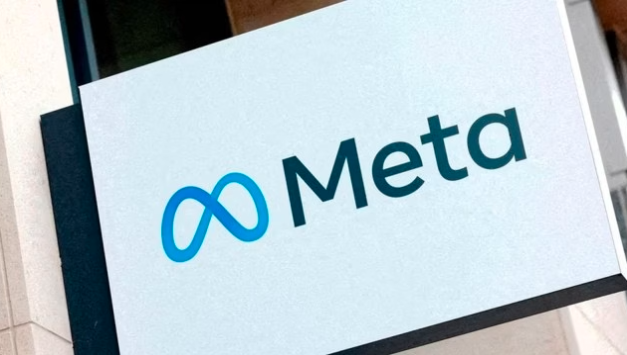Meta strictly prohibits misleading AI-generated video in all content, including organic non-paid posts, with the exception of parody or satire.
A company spokesperson said on Monday that Facebook owner Meta is prohibiting political campaigns and advertisers in other regulated industries from using its new generative AI advertising products, denying access to tools that lawmakers have warned could accelerate the spread of election misinformation.
Following the publication of this story, Meta made the decision public in updates to its help center on Monday night. Its advertising standards forbid ads with content that has been debunked by the company’s fact-checking partners, but there are no AI-specific rules.
While we continue to test new Generative AI ad creation tools in Ads Manager, advertisers running campaigns that qualify as ads for Housing, Employment, or Credit, Social Issues, Elections, or Politics, or related to Health, Pharmaceuticals, or Financial Services are not currently permitted to use these Generative AI features,” the company said in a note appended to several pages explaining how the tools work.
“We believe that by taking this approach, we will be able to better understand potential risks and create the necessary safeguards for the use of Generative AI in ads relating to potentially sensitive topics in regulated industries,” the company said.
The policy change was made a month after Meta, the second-largest digital ad marketplace in the world, declared it would begin to give advertisers more access to AI-powered advertising tools. These tools allow advertisers to instantly create backgrounds, edit images, and change ad copy in response to simple text prompts.
The safety guard rails that the companies intend to implement on those systems have not been made public yet, so Meta’s decision regarding political advertisements is among the most important AI policy decisions the industry has made to date.
The largest digital advertising company, Alphabet’s Google, revealed last week that comparable image-customizing generative AI ad tools would be available. According to a Google representative who spoke to Reuters, the company intends to keep politics out of its products by prohibiting the use of a list of “political keywords” as prompts.
Election-related advertisements will also need to disclose if they feature “synthetic content that inauthentically depicts real or realistic-looking people or events,” according to a policy change that Google has scheduled for mid-November.
Political advertisements are prohibited on TikTok and Snap, the parent company of Snapchat, while X, formerly known as Twitter, has not released any generative AI advertising tools.
Last month, Nick Clegg, the senior policy executive at Meta, declared that “clearly an area where we need to update our rules” was the application of generative AI in political advertising.
Prior to this, Clegg informed Reuters that Meta was preventing the creation of lifelike images of public figures by its user-facing Meta AI virtual assistant. This summer, Meta made a commitment to create a system for “watermarking” AI-generated content.
Given Below are Some Adaptive Features of Meta’s Facebook:- |












